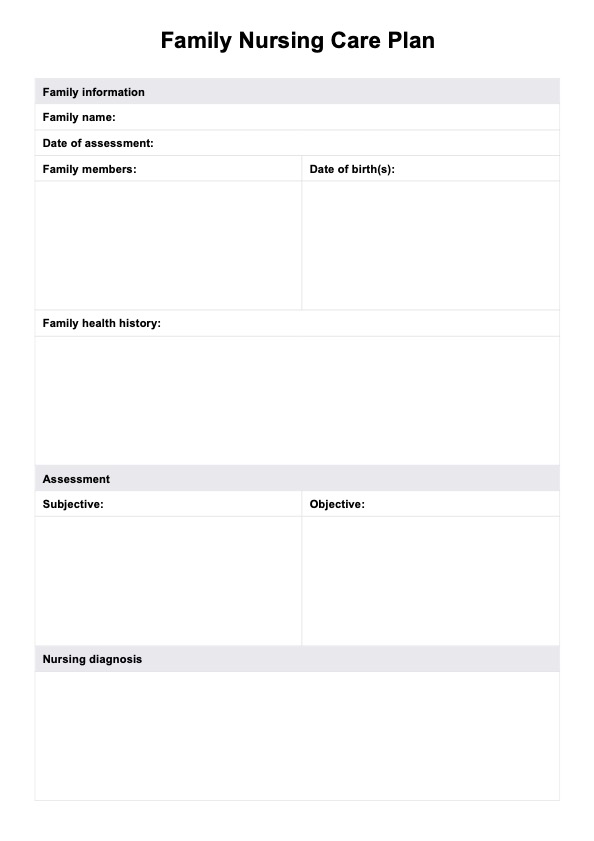Family nursing care focuses on providing comprehensive health services to families, not just individuals, considering the family unit's health dynamics and interactions. It involves assessing, planning, and treating the health needs of all family members, ensuring that care strategies support the family as a whole and address collective and individual health challenges.












